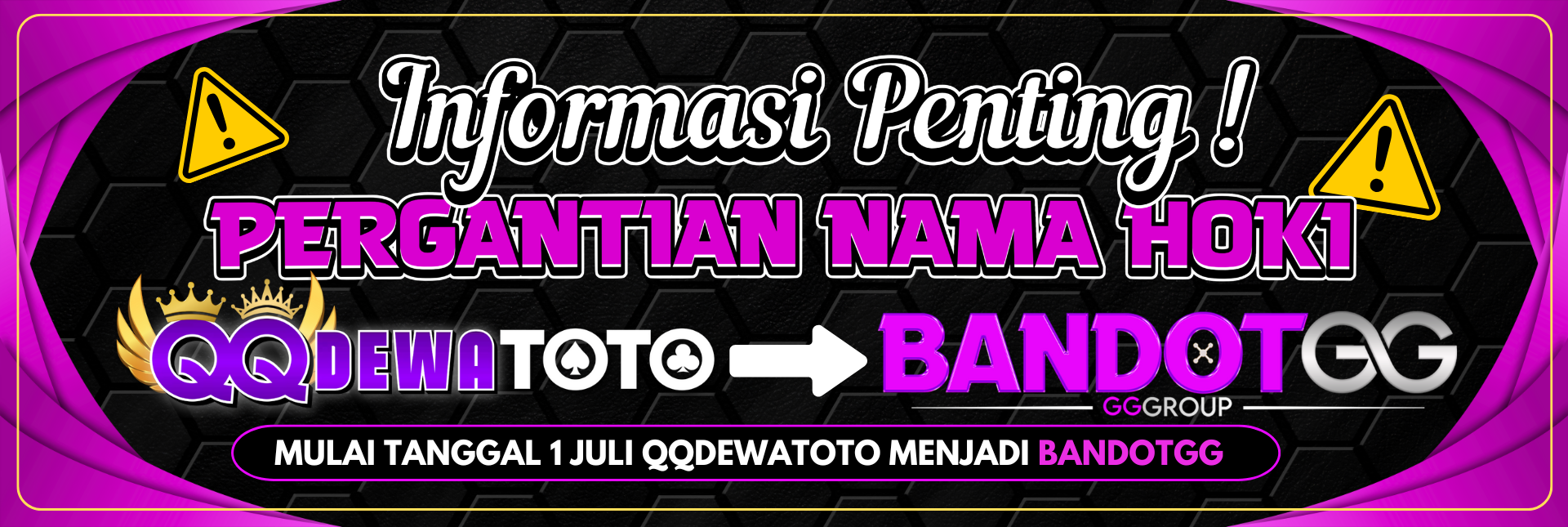
Pasaran Togel
Lihat lebih banyakTerbaru
Lihat lebih banyak100 RP
Lihat lebih banyakPopuler
Lihat lebih banyakCara Pembayaran
BANDOTGG : Link Website Togel Online Terbaik di Indonesia 2025
BANDOTGG hadir sebagai salah satu situs togel online terbaik dan terpercaya di Indonesia pada tahun 2025. Dengan tampilan yang modern dan ramah pengguna, platform ini memberikan kemudahan bagi para pemain dalam memasang angka favorit mereka. BANDOTGG juga menyediakan berbagai pilihan pasaran togel ternama seperti Togel Hongkong, Singapore, Sydney, dan lainnya, yang dapat diakses 24 jam nonstop tanpa hambatan.
Keunggulan BANDOTGG terletak pada kecepatan transaksi serta keamanan data pengguna yang terenkripsi dengan sistem tingkat tinggi. Didukung oleh layanan customer service profesional yang siap membantu kapan saja, situs ini juga rutin memberikan bonus menarik seperti cashback, referral, hingga potongan diskon besar untuk semua jenis taruhan. Tidak heran jika BANDOTGG menjadi rujukan utama bagi para pencinta togel yang menginginkan kenyamanan dan transparansi bermain.
Bagi Anda yang sedang mencari link website togel online terbaik 2025, BANDOTGG adalah pilihan paling tepat. Selain menyediakan sistem fair play, platform ini juga aktif dalam memberikan bocoran prediksi dan hasil keluaran tercepat yang selalu update. Bergabung sekarang di BANDOTGG dan rasakan pengalaman bermain togel online yang aman, mudah, dan menguntungkan setiap hari.










































